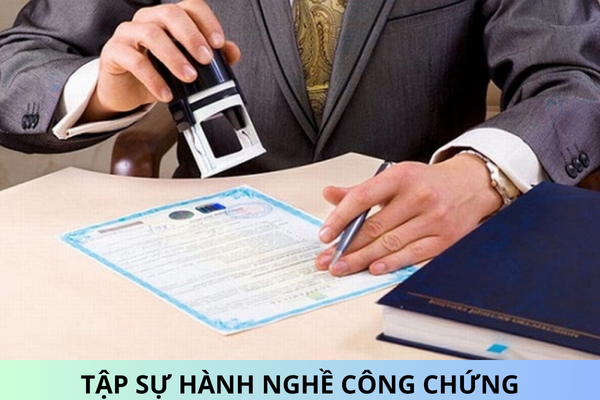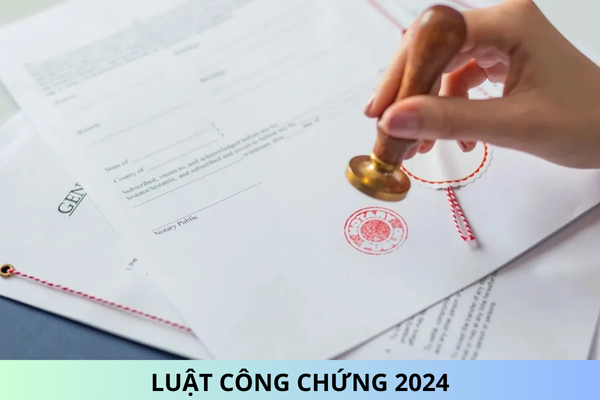Is it mandatory to both sign and fingerprint in a notarized document?
Translation:
---
Article 48 of the Law on Notarization 2014 stipulates as follows regarding signing and fingerprinting in notarized documents:
- The person requesting notarization, witnesses, and interpreters must sign the contract or transaction in the presence of a notary public.
In the case where the authorized person of a credit institution or other enterprise, who has registered their specimen signature at the notarial practice organization, they may pre-sign the contract. The notary public must compare their signature in the contract with the specimen signature before notarizing.
- Fingerprinting can replace signing in cases where the person requesting notarization, witnesses, or interpreters are unable to sign due to disability or illiteracy. When fingerprinting, the person requesting notarization, witnesses, or interpreters should use their right index finger; if unable to use the right index finger, then the left index finger should be used. If both index fingers cannot be used, another finger must be used, and it must be clearly stated which finger and hand were used.
- Fingerprinting can also be performed simultaneously with signing in the following cases:
+ Notarizing a will;
+ At the request of the person requesting notarization;
+ When the notary public deems it necessary to protect the rights of the person requesting notarization.
---
=> Thus, according to the above regulation, both fingerprinting and signing are performed concurrently when notarizing a will, at the request of the person requesting notarization, or when the notary public deems it necessary.
Respectfully.










